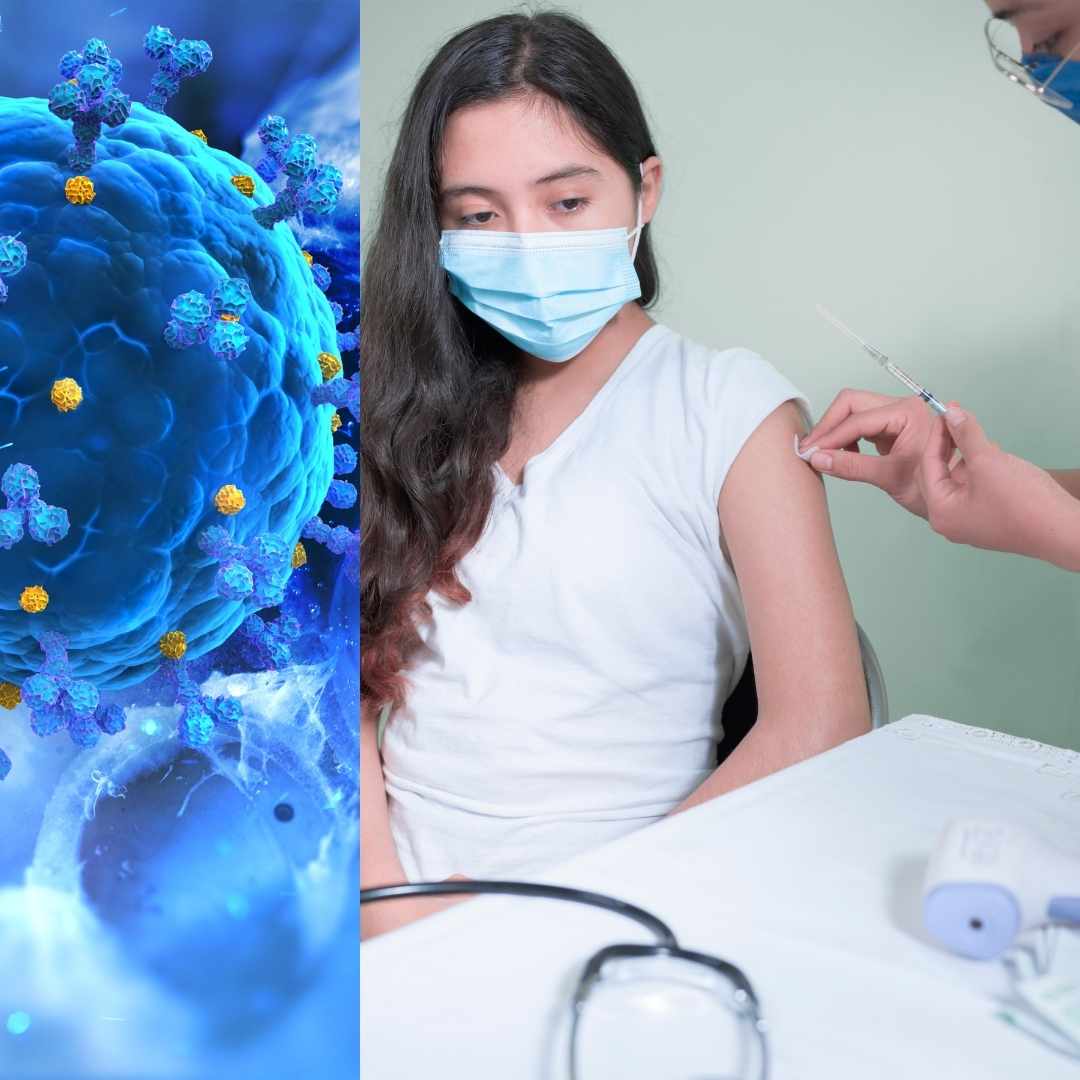 The National Ethical consultative Commitee for life sciences and health (CCNE – France) issued a measured and cautious positive opinion because of the ethical questions raised on vaccination in adolescents.
The National Ethical consultative Commitee for life sciences and health (CCNE – France) issued a measured and cautious positive opinion because of the ethical questions raised on vaccination in adolescents.
Less than a year after the beginning of the SARS-COV2 pandemic, the development and marketing of vaccines has profoundly changed the situation by adding a major additional preventive tool to barrier measures. Some countries have started, or are considering, vaccination of adolescents. New data should be available in a few weeks on several million people. Is there an absolute urgency to start vaccination now when several indicators are favourable and while the start of the school year in September could mark the beginning of the campaign? The CCNE regrets that political decisions have been taken so quickly (before the publication of this ethical opinion) and underlines the following aspects.
Severe forms of the infection are very rare in those under 18 years of age, so the individual benefit of vaccination is limited for “physical” health. On the other hand, the consequences of the pandemic on the psychological and mental health of children, and especially adolescents, are profound and probably long-lasting, particularly in disadvantaged environments. It seems that the capacity of children to become infected and transmit the virus exists and increases with age.
The question of extending vaccination to children and adolescents requires first to examine what is known about vaccine safety and question the pressure that vaccination would place on adolescents.
The limited data on vaccine safety available, with a few months’ hindsight, make it conceivable to vaccinate 12-18 years old. In contrast, below this age (12-/), no data are currently available. Several ethical questions are therefore raised: Is it ethical to make minors bear the responsibility, in terms of collective benefit, of the refusal of vaccination (or of the difficulty of access to it) of a part of the adult population? Is there not a kind of incentive to vaccinate to regain freedom and return to normal life? What is the risk of stigmatization for adolescents who do not wish to be vaccinated? Is there not a risk of breaking their confidence if the return to normal life is compromised by the arrival of new variants?
The issue of appropriate information (on the benefit-risk balance, uncertainties, alternatives to vaccination, etc.) and consent must be at the heart of the process, both for those with parental authority and for adolescents. It should be remembered that the Public Health Code insists on the obligation to also consider the consent of the minor.
In any case, pharmacovigilance monitoring of vaccinated adolescents should be undertaken in the medium and long term. Furthermore, the CCNE considers that the “Test, trace, isolate” strategy should be optimized for minors so that it can be considered as an alternative strategy to vaccination.
Similar opinion was given also by the German Kock Institut that recommends vaccination with the mRNA vaccine Comminate (BioNTech / Pfizer) only for children and adolescents with previous illnesses taking into account an increased risk of a severe course of COVID-19 disease. For children and adolescents aged 12-17 years without previous illnesses vaccination is currently not generally recommended but is possible after medical advice and with individual wishes and risk acceptance.
More information is available here.